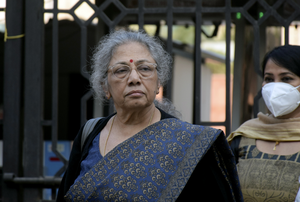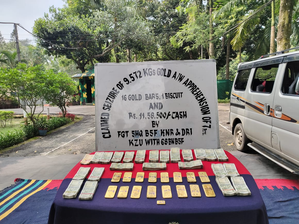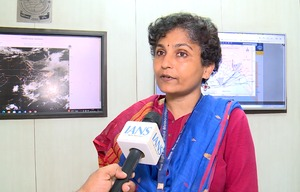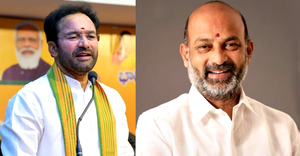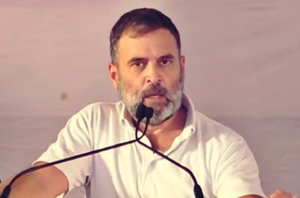Supreme Court issues ruling on children offences, says ‘Downloading, watching abuse child porn to be offence under POCSO’
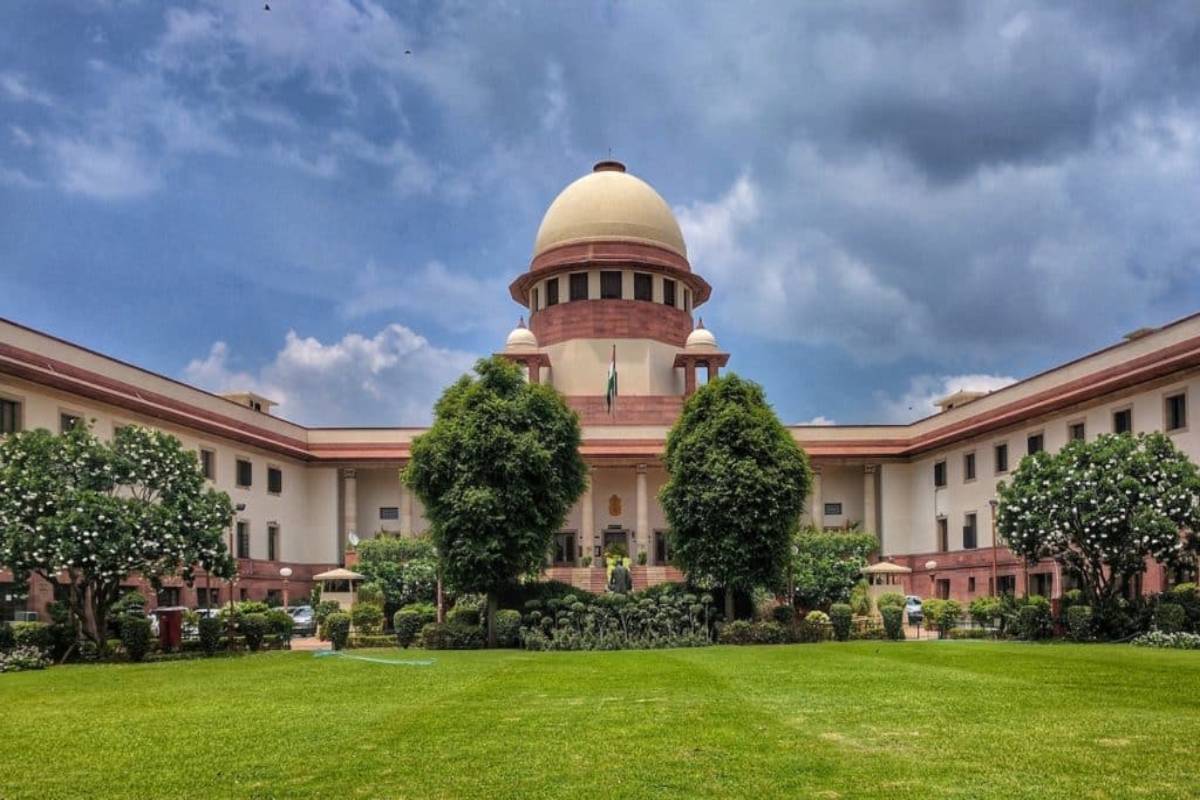
New Delhi: In a landmark judgment on Monday, the Supreme Court of India ruled that downloading and watching child pornography constitutes a punishable offense under the Protection of Children from Sexual Offences (POCSO) Act. The ruling strengthens the legal framework against child abuse, setting a precedent that consuming such content, even without sharing or distributing it, is a violation of the law.
The significant judgement involved the bench of Chief Justice of India DY Chandrachud and Justice JB Pardiwala who set aside the Madras High Court order that had ruled that merely downloading and watching child pornography was not an offence under POCSO Act.
The judgment authored by Justice J.B. Pardiwala suggested that the Parliament should seriously consider substituting the term “child pornography” with “child sexual exploitative and abuse material” (CSEAM) and in the meantime, the Union government may bring an ordinance to amend the POCSO.
Further, the top court asked all the courts across the country to not use the term “child pornography” in any judicial order or judgment, and instead endorse the term “child sexual exploitative and abuse material (CSEAM).”
In its judgment, the Supreme Court said that offence under Section 15 of the POCSO is in the nature and form of an inchoate offence which penalises the mere storage or possession of any pornographic material involving a child when done with a specific intent prescribed thereunder, without requiring any actual transmission, dissemination etc.
Madras High Court Judgement
The Madras High Court in its impugned judgment had quashed the FIR and criminal proceedings against a 28-year-old Chennai man, holding that watching child pornography in private would not fall within the scope of the POCSO Act.
A Bench of Justice N. Anand Venkatesh reasoned that the accused had merely downloaded the material and watched the pornography in private and it was neither published nor transmitted to others.
“Since he has not used a child or children for pornographic purposes, at best, it can only be construed as a moral decay on the part of the accused person,” it said.
The Chennai police registered an FIR under Sections 67 B of the Information Technology Act and Section 14(1) of the POCSO Act after it seized the phone of the accused and discovered that he had downloaded and possessed child pornography.
(With inputs from agencies)

